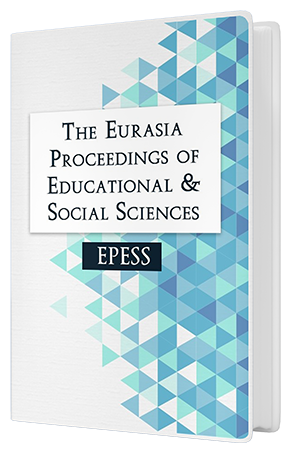DRAMA FOR INCLUSION IN SCIENCE
Keywords:
nature of science, history of science, drama, social justiceAbstract
Role plays, using given roles or simulated and improvised enactments, are claimed to improve learning of concepts, understanding the nature of science and appreciation of science's relationship with society (Ødegaard, 2001). Historical events often provide well-established examples of scientific discoveries, with the process of the discovery described and justified in fine detail. Adjacent to each discovery, we can find other investigations and outcomes, to set each one in scientific context. This enables researchers and teachers to construct the web of scientific advance at that time. In addition, each event takes place in a social context, often in the midst of political and social revolutions. However, these are rarely advertised in the journal accounts, which mostly focus on pure scientific aspects. Unearthing this complex interplay between the science, the nature of science itself which was developing throughout history, the social environment, is not straightforward for busy classroom teachers. The paper also notes that accounts feature the celebrities, and not the contributions of others such artisans, whose work was crucial to each and every discovery. This paper aims to document a particular Case Study involving explorations of the chemical properties of water-soluble gases, in Lavoisier’s laboratory in the 1770s. The carpenter and a stonemason, provide the Lavoisiers with a pneumatic trough, containing mercury, in which to manipulate the gases. To promote social justice, it uses dramatic licence to give them a voice. Ødegaard M 2001, Unpublished Dr. scient., Dissertation, University of Oslo.Downloads
Published
Issue
Section
License
Copyright (c) 2016 The Eurasia Proceedings of Educational and Social Sciences

This work is licensed under a Creative Commons Attribution-NonCommercial-ShareAlike 4.0 International License.
The articles may be used for research, teaching, and private study purposes. Any substantial or systematic reproduction, redistribution, reselling, loan, sub-licensing, systematic supply, or distribution in any form to anyone is expressly forbidden. Authors alone are responsible for the contents of their articles. The journal owns the copyright of the articles. The publisher shall not be liable for any loss, actions, claims, proceedings, demand, or costs or damages whatsoever or howsoever caused arising directly or indirectly in connection with or arising out of the use of the research material. All authors are requested to disclose any actual or potential conflict of interest including any financial, personal or other relationships with other people or organizations regarding the submitted work.




